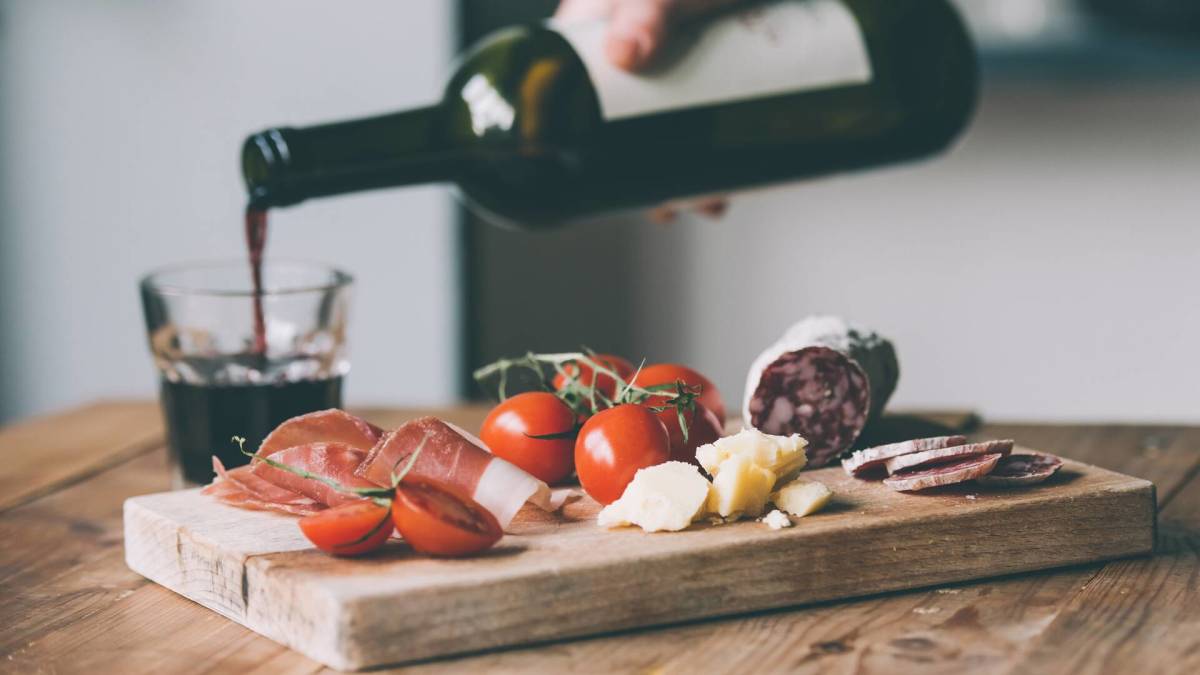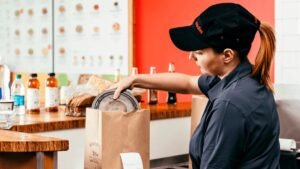Running a small business you love may sound like a fun adventure. However, as with all great adventures, many obstacles exist.
Over the past few years, businesses both small and large have been forced to close their doors. Depending on the industry, location, and scope of the business, some were shuttered during the Covid pandemic.
💵💰Don’t miss the move: Subscribe to TheStreet’s free daily newsletter 💰💵
Others, such as online retailers or RV dealers, actually saw increased sales during pandemic lockdowns.
However, some operators who might have had an operational boost during those troubled times are now dealing with other challenges including inflation, high labor expenses, aggressive competition, and shifts in consumer behaviors.
There’s a widespread misconception that smaller companies will eventually beat larger businesses. However, the idea is questionable, because large corporations have more resources to battle harsh competition.
Data from the Bureau of Labor Statistics shows:
- 18% of small businesses fail in the first year;
- 40% fail after five years;
- 65% fail by their 10th year of business.
Alas, these days more and more small operators are closing their doors after decades of successful operation.
Image source: fornStudio/Shutterstock
The Spanish Table closes one store amid tariff uncertainties
A specialty foods grocery store in Berkeley on San Pablo Avenue, the Spanish Table, will close its doors on August 17 after 24 years of successful operation.
It all started back in 1995 in Seattle, when husband and wife Steve Winston and Sharon Baden opened the original Spanish Table wanting to sell the food items they discovered traveling across Spain.
Related: Beloved Texas home décor shop closes after 40 years
Offering items that could not be found in the U.S., the store expanded to Berkeley in 2001 and Mill Valley in 2006. In 2016, the couple sold both Bay Area stores to the Booth family and opened one store in San Francisco, reports SFGate.
In 2001, the store attracted consumers, as it was a rare place to find jamón ibérico, a type of cured leg of pork produced in Spain and Portugal. Jamón ibérico is a staple of both Portuguese and Spanish cuisines.
The Spanish Table also drew customers with its special selection of Spanish and Portuguese wines, and a range of cookware, including paella pans, tagines, and other clay bakers.
But with the growth of online retailers, many items that had set Spanish Table apart became available through e-commerce websites.
More Retail:
- 125-year-old supermarket chain closes over a dozen stores
- Amazon makes customer service change it knows people don’t like
- Huge travel brand closes stores, posts big profits
“The world is changing, and so is the availability of all these products,” explains Bastian Schoell, who took over three stores in 2022. “I think all of the specialty food shops over the long run are going to be hurting because it’s just not that special any more. It’s available in many different places.”
The Spanish Table battled tariff uncertainty, inflation, changes in customer behavior
According to Schoell, during the pandemic when the majority of people started preparing meals and eating at home, the Spanish Table saw a rise in profits.
Unfortunately, revenue slowly returned to pre-pandemic levels, thanks to inflation and higher labor expenses. Amazon and Whole Foods also began to offer similar products from Spain.
To make things harder, there was a huge shift in consumer preferences, with alcohol consumption declining among the younger generations. According to a 2023 survey from Gallup, the share of adults under age 35 who report ever drinking declined 10 percentage points in two decades to 62% in 2021-2023 from 72% in 2001-2003.
Related: Vacation rental brand files Chapter 11 bankruptcy amid lawsuits
The drop in alcohol consumption leads to fewer alcohol sales, which is another hit for the Spanish Table’s wine and beer offerings.
Schoell also stresses that with the constant uncertainty around President Donald Trump’s tariffs, it is challenging to make an import decision because until the item lands in the U.S., you don’t know how much the tariff is and if it makes sense profit-wise.
That’s why the Spanish Table currently doesn’t carry any of the recognizable items for which the store is known and upon which it built its legacy.
Schoell further spoke with the outlet about the importance of smaller retailers offering something different like special courses and tastings. However, costs have increased so much that they are unable to provide these experiences for customers.
The Spanish Table in Berkeley will wrap up with a closing party on Aug. 17. The store in San Francisco and online offering will continue to operate, while the Spanish Table is exploring collaboration opportunities.
The grocer is working with Evergreen Cafe Berkeley on Spanish food and pop-ups this fall.
“This store has been more than a shop — it’s been a home for Iberian flavors, cooking inspiration, and friendships built over paella pans and shared travel memories,” reads the Instagram post announcing the closure.
Many responses echoed the sad sentiment of one 20-year customer, who wrote, “I can’t stand that this is happening — the store has always brought me instant joy.”
Related: Walmart admits it overcharged customers, pays big penalty



















